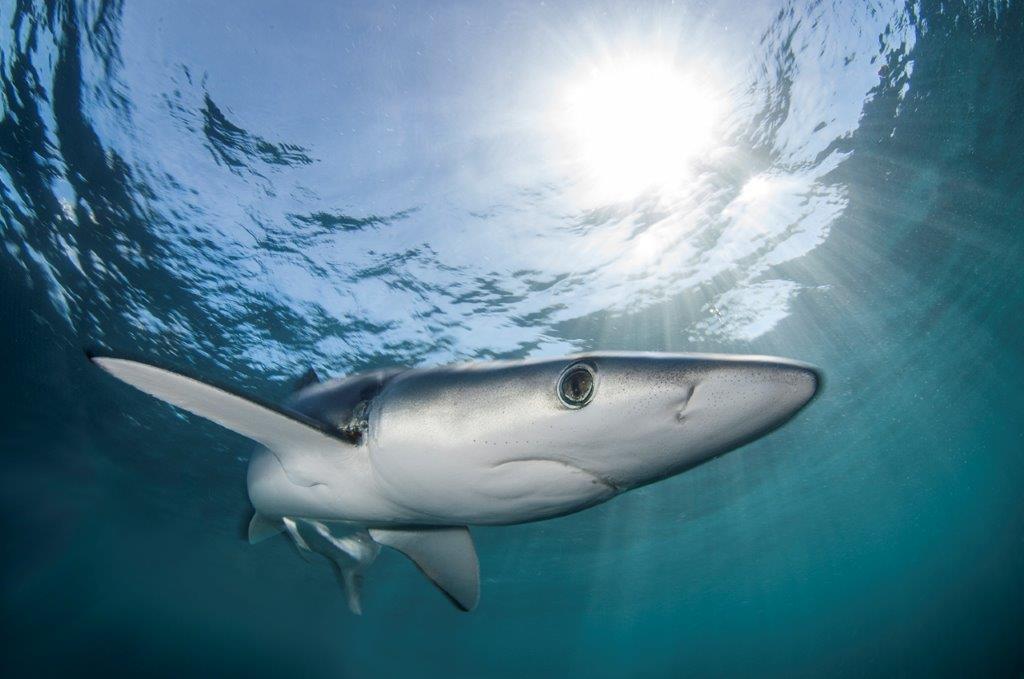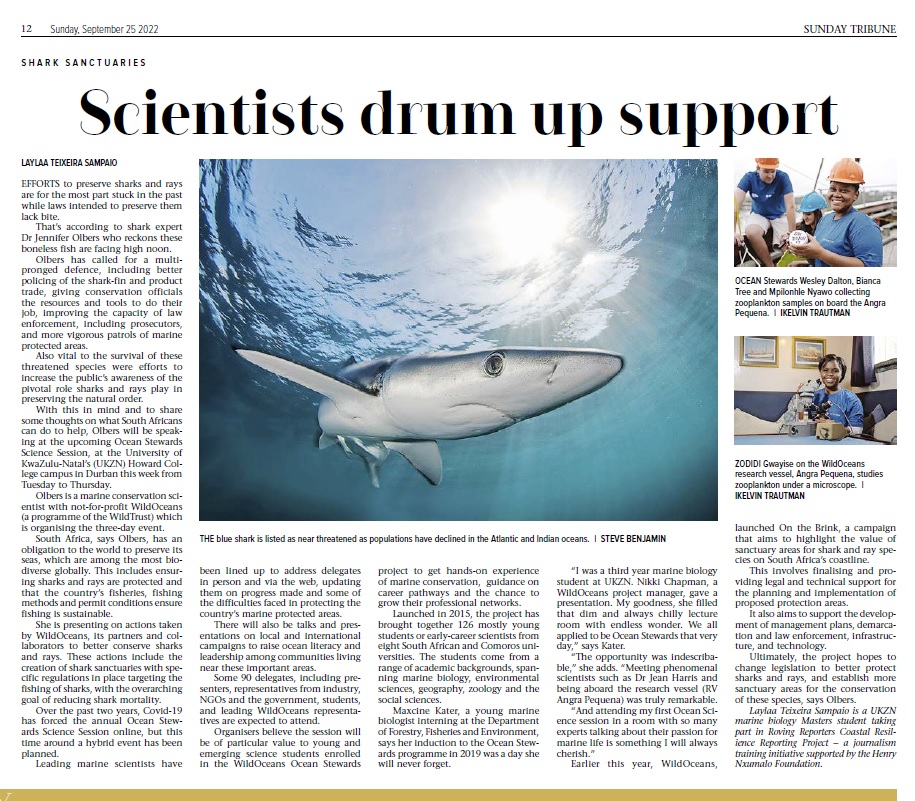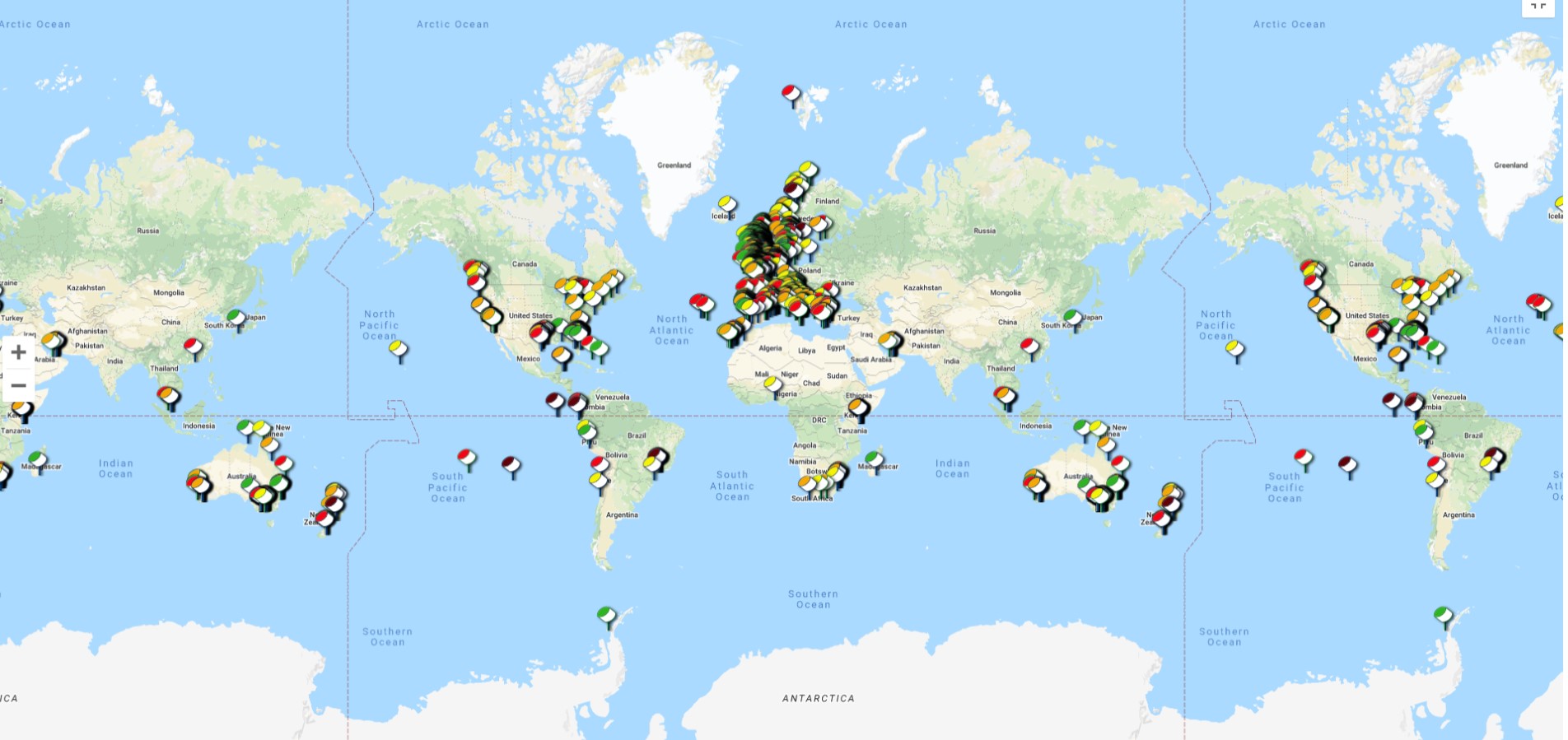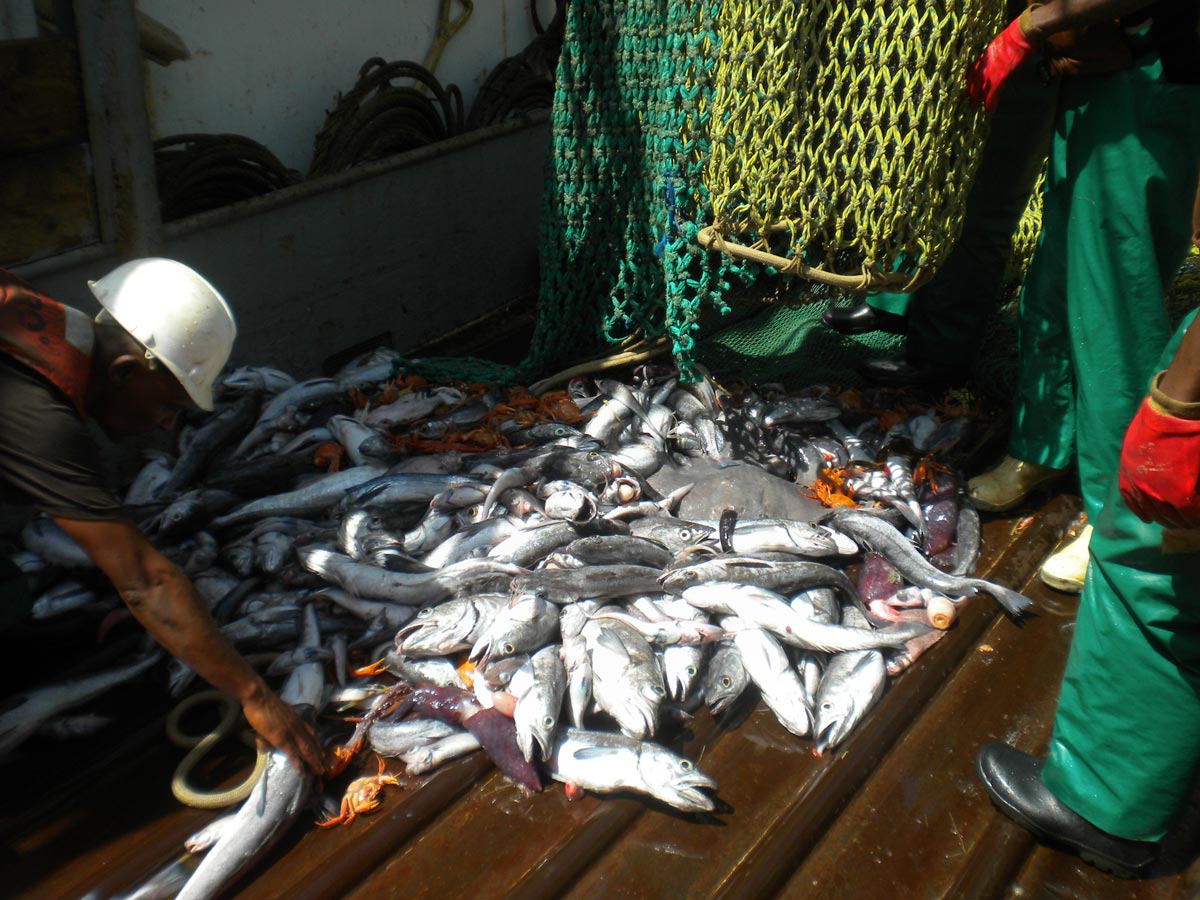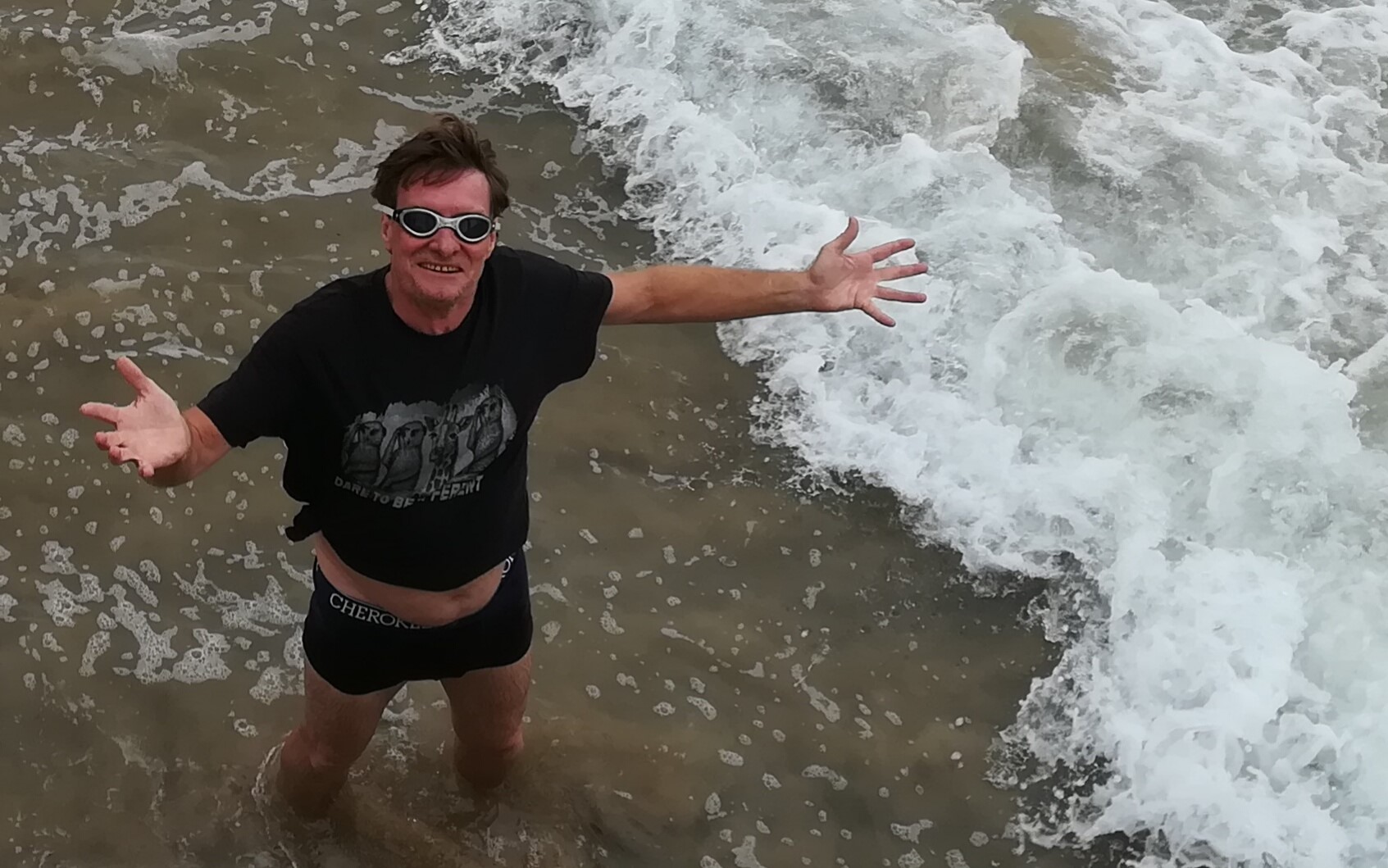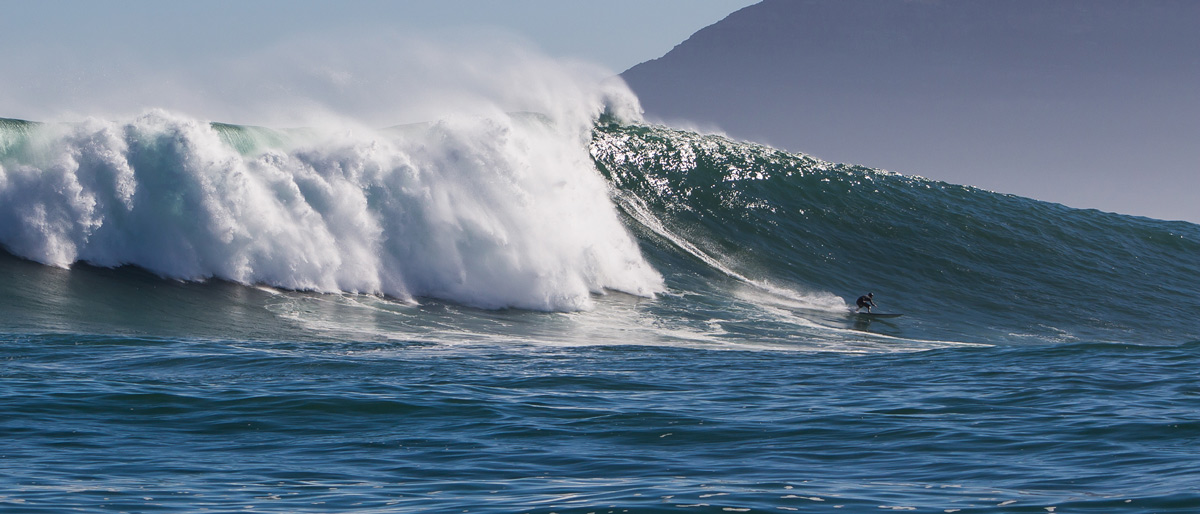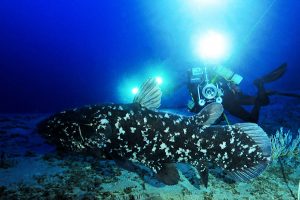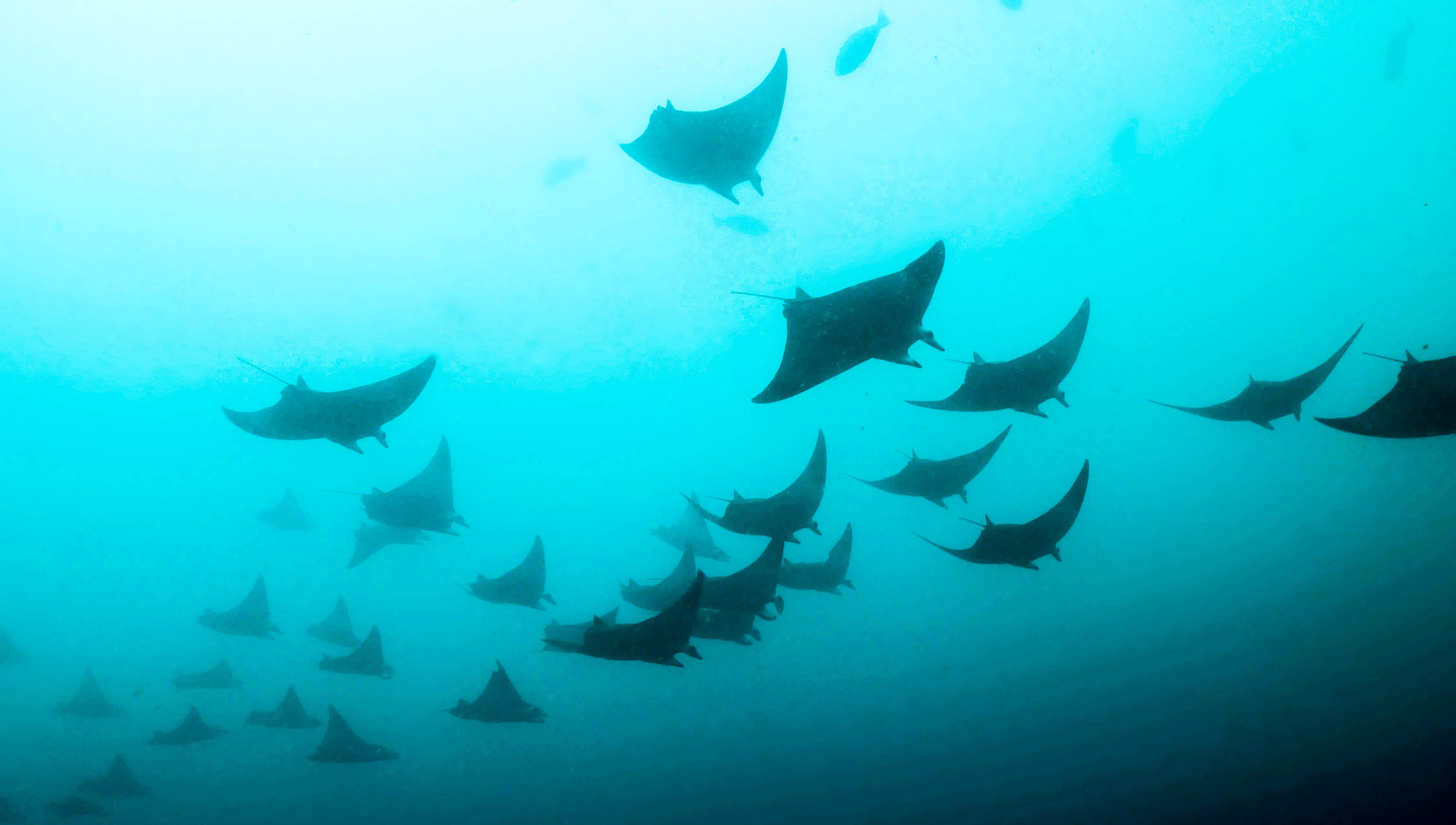Better policing of the shark-fin and product trade required, writes Laylaa Teixeira Sampaio.
First published by Sunday Tribune
Efforts to preserve sharks and rays are for the most part stuck in the past while laws intended to preserve them lack bite.
That’s according to shark expert, Dr Jennifer Olbers who reckons these boneless fish are facing high noon.
Olbers has called for a multipronged defence, including better policing of the shark-fin and product trade, giving conservation officials the resources and tools to do their job more effectively, improving the capacity of law enforcement, including prosecutors, and more vigorous patrols of marine protected areas.
Pivotal
Also vital to the survival of these threatened species were efforts to increase the public’s awareness of the pivotal role sharks and rays play in preserving the natural order.
With this in mind and to share some thoughts on what South Africans can do to help, Olbers will be speaking at the forthcoming Ocean Stewards Science Session, at the University of KZN’s Howard College campus, in Durban, from Tuesday to Thursday ((SUBS: 27 to 29 September))).
Olbers is a marine scientist with the not-for-profit WildTrust, which is organising the three-day event.
South Africa, says Olbers, has an obligation to the world to preserve its seas, which are among the most biodiverse globally. This includes ensuring sharks and rays are protected and that the country’s fisheries, fishing methods and permit conditions ensure fishing is sustainable.
Actions
She is presenting on actions taken by WildOceans (a programme of the WildTrust), its partners and collaborators to better conserve sharks and rays. This includes the creation of shark sanctuaries with specific regulations in place restricting the fishing of sharks, with the overarching goal of reducing shark mortality.
Over the past two years, Covid-19 has forced the annual Science Session online, but this time around a hybrid event has been planned. A group of leading marine scientists and passionate individuals that work in the marine sector have been lined up to address delegates in person and via the web, updating them on progress made and some of the difficulties faced in protecting the country’s ocean. There will also be talks and presentations on local and international campaigns to raise ocean literacy and leadership among communities living near these important areas.
Some 90 delegates, including presenters, representatives from industry, NGOs and the government, students, and leading WildOceans representatives are expected to attend.
Value
Organisers believe the session will be of particular value to young and emerging science students who are enrolled on WildOceans Ocean Stewards project to get hands-on experience of marine conservation, guidance on career pathways and the chance to grow their professional networks.
Launched in 2015, the project has brought together 126 mostly young students or early-career scientists from eight South African and Comoros universities. The students come from a range of academic backgrounds, spanning marine biology, environmental sciences, geography, zoology and the social sciences.
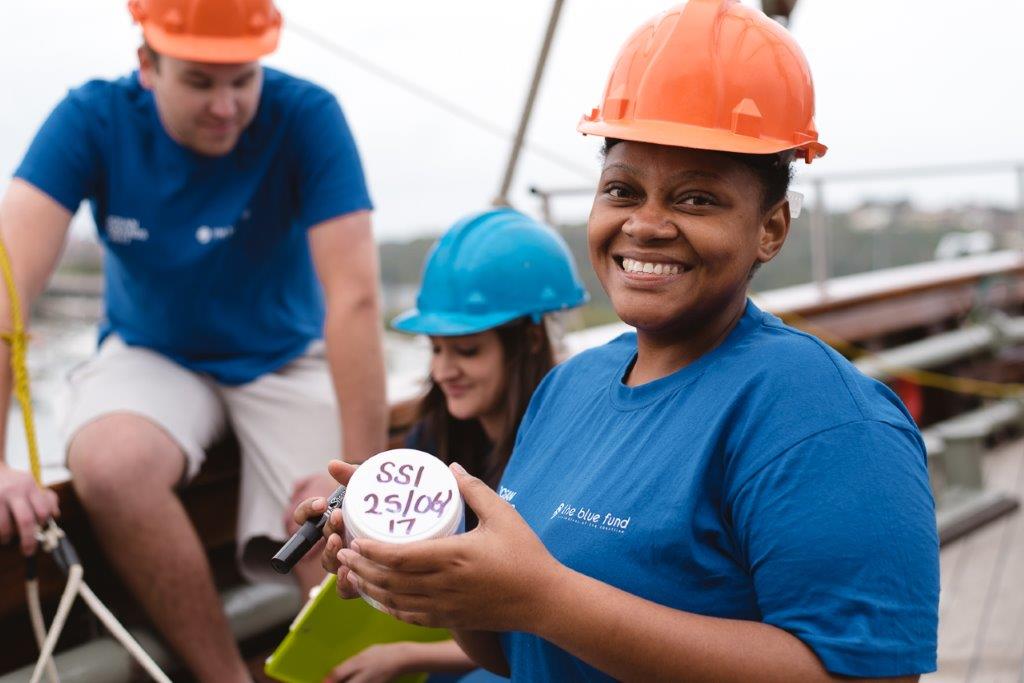
ABOVE: Ocean Stewards Wesley Dalton, Bianca Tree and Mpilonhle Nyawo collect zooplankton samples on board the research vessel, Angra Pequena in 2017. BELOW: Zodidi Gwayise studies the zooplankton under a microscope on board the vessel. Photos by KELVIN TRAUTMAN
,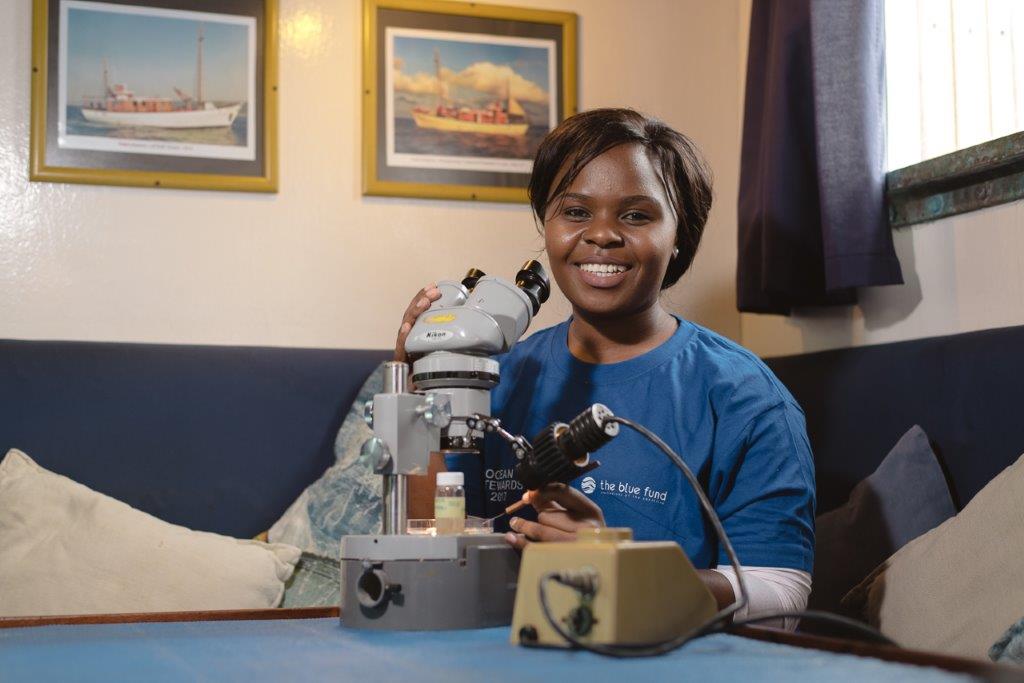
Maxcine Kater, a young marine biologist interning at the Department of Forestry, Fisheries and the Environment says her induction to the Ocean Stewards project in 2019 was a day she will never forget.
Wonder
“I was a 3rd year marine biology student at UKZN. Nikki Chapman, a WildOceans project manager, gave a presentation. My goodness, she filled that dim and always chilly lecture room with endless wonder. We all applied to be Ocean Stewards that very day,” says Kater.
“The opportunity was indescribable,” adds Kater. “Meeting phenomenal scientists such as Dr Jean Harris and being aboard the research vessel (RV Angra Pequena) was truly remarkable. And attending my first Ocean Science session in a room with so many experts talking about their passion for marine life is something I will always cherish,” says Kater.
On the brink
Earlier this year, WildOceans, launched On the Brink, a campaign that aims to highlight the value of sanctuary areas for shark and ray species on South Africa’s coastline.
This involves finalising and providing both legal and technical support for the planning and implementation of proposed protection areas. It also aims to support the development of management plans, demarcation and law enforcement, infrastructure, and technology.
Ultimately, the project hopes to change legislation to better protect sharks and rays and establish more sanctuary areas for the conservation of these species, says Olbers. – Roving Reporters
- Laylaa Teixeira Sampaio is a UKZN marine biology masters student taking part in Roving Reporters Coastal Resilience Reporting Project – a journalism training initiative supported by the Henry Nxumalo Foundation.
How the Sunday Tribune covered the story
The WildOceans Ocean Stewards Project is supported by Blue Action Fund, the Blue Fund, African Coelacanth Ecosystems Programme, National Research Foundation, South African Institute for Aquatic Biodiversity, Oceans 5, Shark Conservation Fund, Critical Ecosystem Partnership Fund, Nelson Mandela University, University of KwaZulu-Natal, and the University of Zululand.
